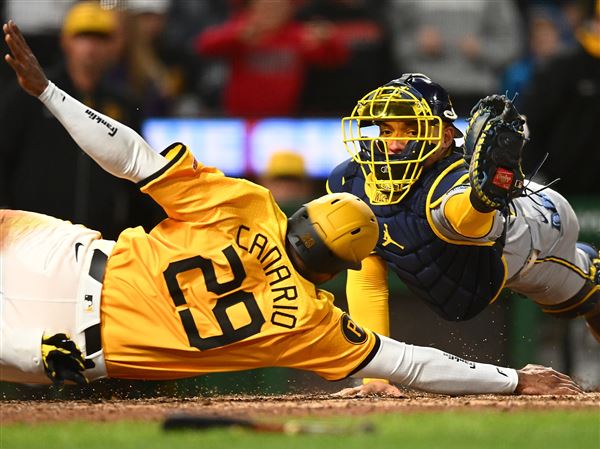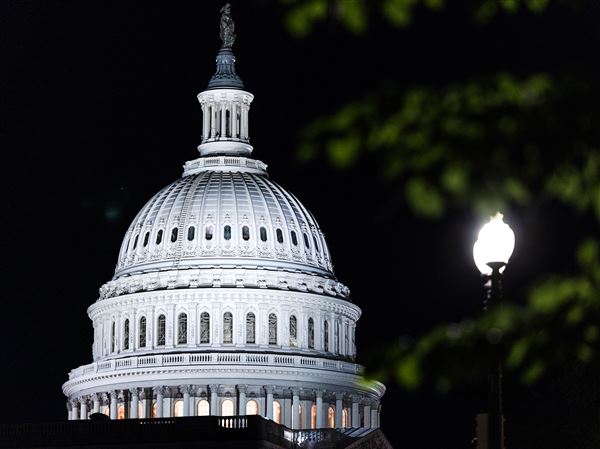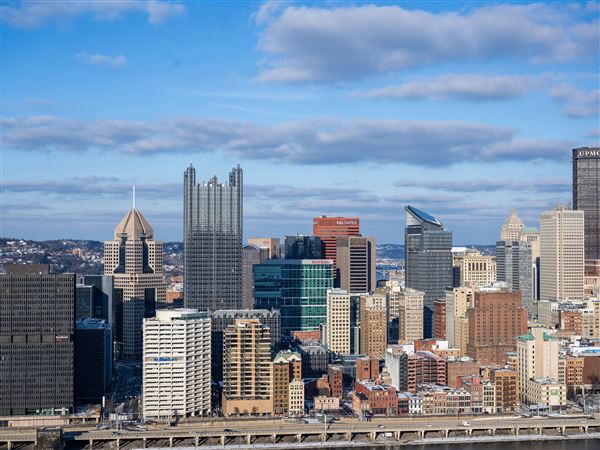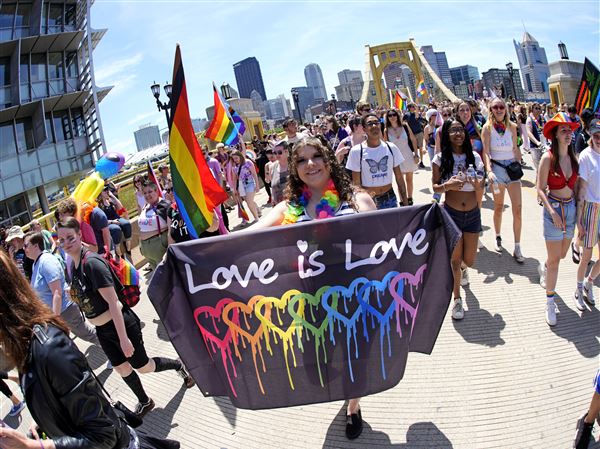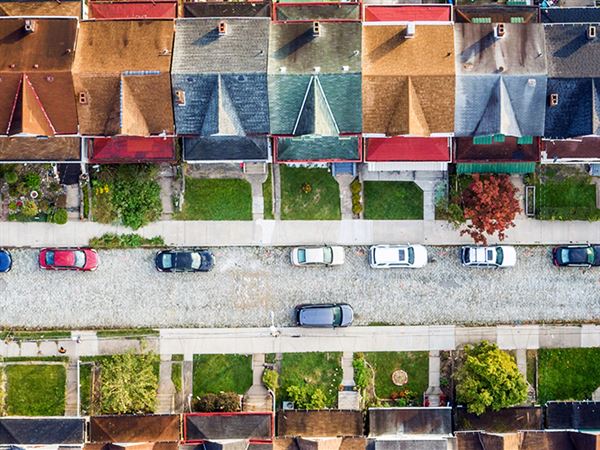"Groundhog Day" is a movie about a man who experiences the same day over and over again. Naturally, it was set in Pennsylvania.
Take the latest budget from Mayor Tom Murphy. He has balanced it by including a 34 percent property tax increase, but don't worry, fellow city residents.
The increase is not real. Property owners will be rescued in the 11th hour by America's largest full-time state Legislature. Harrisburg's lawmakers will raise the $10 annual occupation tax to sustain financially troubled cities across the commonwealth.
Yeah. Right.
Murphy tags the city with the fiscal equivalent of a "kick me" sign, and expects the Legislature to give him a hand, not the boot? Recent history suggests otherwise.
In March 2003, Democratic Gov. Ed Rendell submitted his first budget, and told the Republican-dominated Legislature:
"I don't like this budget, not one bit. And I pray that it is not enacted until we can complete it with a realistic plan to revitalize our economy, our public schools and our state and local tax structure."
In the world of politics, one party never answers the other's prayers. Rendell's pseudo-budget, with cuts in health programs, libraries, mass transit and aid to higher education, was passed as fast as a legislative majority could say "gotcha." Rendell was put in the embarrassing position of having to veto his own proposal, and the state's 501 local school districts waited nearly a year for state funding.
Pennsylvania cities, working within boundaries set before the commuter age arrived, servicing big regional employers that pay no taxes, have waited even longer. Newly settled places in our commonwealth have a huge advantage over older communities, but Harrisburg is content with a Darwinian system that pits neighboring municipalities against each other.
Both state boards overseeing the city's fiscal future favor an increase in the $10 occupation privilege tax. They also advocate cutting or dumping the unfair business privilege tax that exempts 25 of the city's top 26 businesses, and enacting a payroll tax that distributes the burden among businesses large and small.
But where is the pressure on the Legislature to act? Sen. Jack Wagner, a Democrat whose South Hills district straddles the city-suburban line, believes the Legislature will do the right thing this year. But what if a suburban legislator decides that a $10 tax, in place since 1965, should be good for four more decades?
The threat of a court-imposed 1.27 percent commuter tax supposedly will force the Legislature to act, but it's not that simple. The Allegheny Institute of Public Policy, a conservative think tank that sees Murphy the way Atlantans see Gen. Sherman, recently put it this way:
State law requires that earned income taxes paid in other jurisdictions be deducted from any commuter tax imposed by the city. Last year, 12 communities in Allegheny County levied such a tax at a rate greater than the proposed city tax. So commuters from places such as Mt. Lebanon, Penn Hills, Duquesne and Homestead would pay no commuter tax, according to the institute.
Nine other home rule communities, including commuter-heavy Bethel Park, McCandless and Hampton, could raise their earned income taxes and lower their property taxes to dodge the city's tax. The institute estimates 50,000 of the 200,000-plus commuters could be excluded from the tax this way.
In other words, this could easily become yet another inequitable tax that would not be getting everyone to kick in for public safety where they earn their livings.
The Allegheny Institute says we should cut more than the tens of millions of dollars already slashed or proposed. That may be, but we can't let Pittsburgh become simply an office park/entertainment center. We're already a vanquished city with a pseudo-budget overseen by a group of outside appointees as if this were Bosnia and Herzegovina. Is anyone staying to the end of this movie?
First Published: October 3, 2004, 4:00 a.m.
